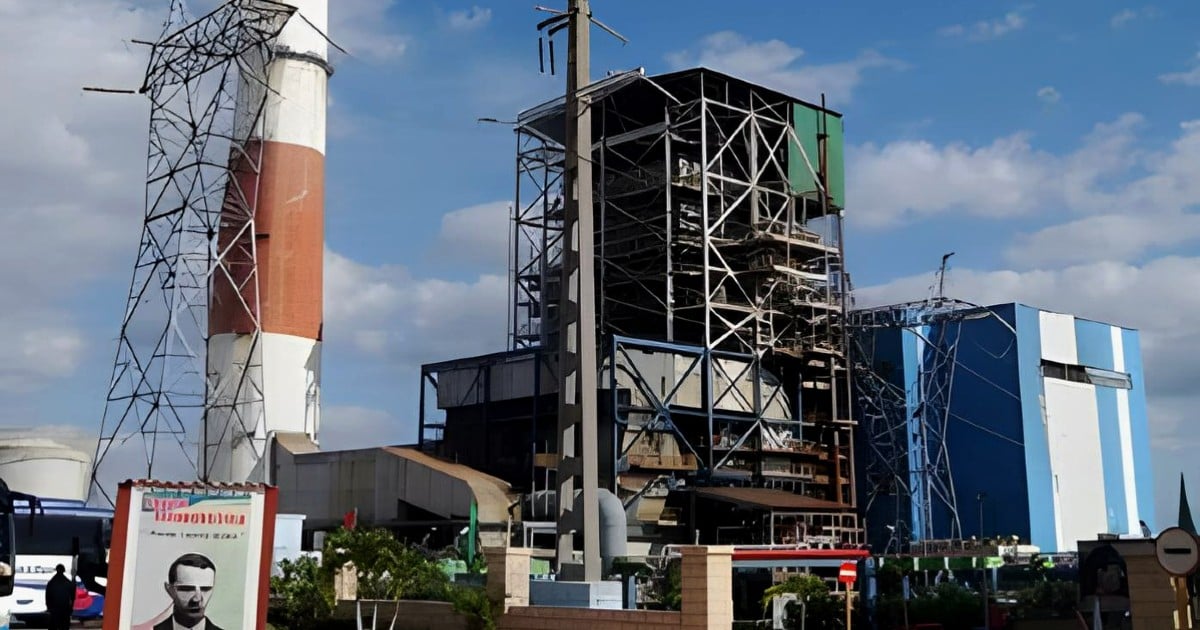The Cuban Electric Union (UNE) has issued a forecast for today, October 27, 2024, predicting a severe power shortage of up to 870 MW during the peak hour of 7:20 PM. At 7:00 AM, the available power generation was reported at 2,100 MW, with an estimated demand of 2,000 MW, allowing for an uninterrupted morning. However, a deficit of 400 MW is expected by noon, increasing to 800 MW during peak demand, with a maximum impact projected at 870 MW. The UNE has also highlighted the worsening situation due to failures in the CTE Santa Cruz, CTE Cienfuegos, and CTE Felton units, along with a critical fuel shortage affecting 62 distributed generation plants, resulting in 335 MW offline.
Unexpected Power Deficit Escalates on October 26
On October 26, 2024, UNE had anticipated a deficit of 900 MW during peak hours, with a maximum impact of 970 MW. Contrary to expectations, the actual shortage exceeded predictions, peaking at 1,007 MW at 7:40 PM. The generation availability for the day was 1,920 MW, with a demand of 2,100 MW, causing a 265 MW deficit early in the morning, disrupting power supply across various provinces. This shortfall stemmed from ongoing breakdowns in major thermal generation plants and the failure to restore critical units, leading to a thermal generation limitation of 498 MW.
The disparity between forecasts and reality underscores the UNE's challenges in stabilizing the country's electrical system. Despite predictions, continued infrastructure decay and adverse conditions, such as Hurricane Oscar's impact on Guantánamo, have resulted in more severe disruptions than anticipated.
Chronic Energy Shortages: Impact and Public Response
From October 23, 2024, Cuba's energy crisis has persisted with significant power generation deficits. On October 23, UNE re-synchronized the National Electrical System after a total collapse that left the country without power for five days, but the situation remained critical. Over 11,000 children in Matanzas were left without milk due to refrigeration issues, while several municipalities in Guantánamo remained powerless following Hurricane Oscar.
On October 24, UNE reported a generation shortfall reaching 1,245 MW during peak hours, leading to widespread outages across the island. Despite attempts to restore power, generation capacity was insufficient. Emergency blackouts in Havana throughout the day fueled public discontent.
For October 25, UNE projected a deficit of 876 MW, but the actual impact rose to 946 MW. Failures in key units, coupled with fuel shortages, prompted unplanned outages affecting daily life for Cubans. The persistent limitations in thermal generation and lack of maintenance on critical plants continued to exacerbate the situation.
Since the total system breakdown on October 18, 2024, extended blackouts have become a norm in Cuban life. In provinces like Matanzas, electricity shortages have disrupted the distribution of essential foods, while in Santiago de Cuba and Guantánamo, residents face a scarcity of vital resources such as liquefied gas.
The normalization of planned power cuts, reaching 1,000 MW daily, has been met with skepticism and frustration by an exhausted population. The system's collapse has exposed the structural weaknesses of Cuba's electrical infrastructure, heavily reliant on frequently malfunctioning thermal plants and distributed generation hindered by fuel shortages.
Protests and demonstrations in areas like Manicaragua and Santiago de Cuba, where citizens have taken to the streets demanding the restoration of electrical service, reflect the growing dissatisfaction with government inaction. Meanwhile, public figures and activists have amplified demands for change and effective solutions to a crisis showing no signs of improvement via social media.
The Cuban government's attempts to justify the situation by blaming the U.S. embargo are countered by economists and experts who point to the crisis as a result of poor investment in critical infrastructure and inadequate planning. The reality for Cubans remains a life marked by energy uncertainty and the struggle to adapt to an increasingly precarious situation.
This ongoing scenario highlights the significant challenges the Cuban electrical system faces in achieving stability, as power outages become a regular aspect of life for millions on the island.
